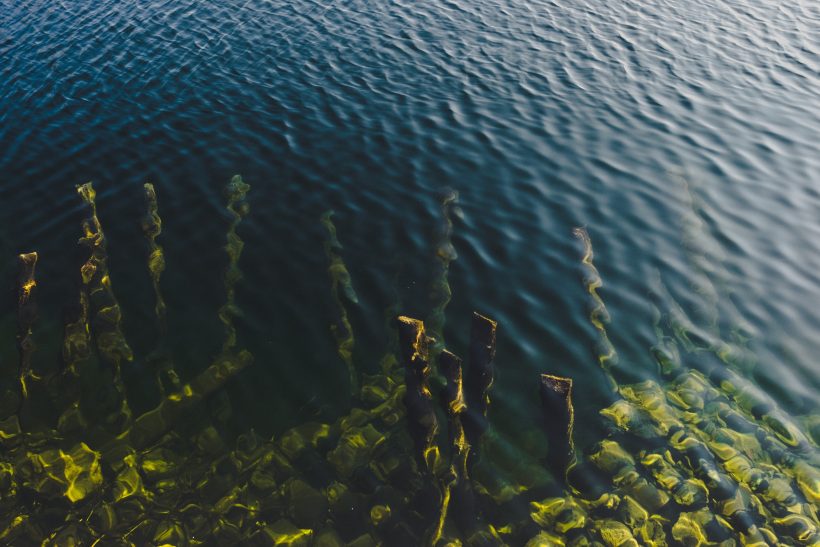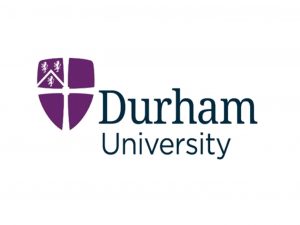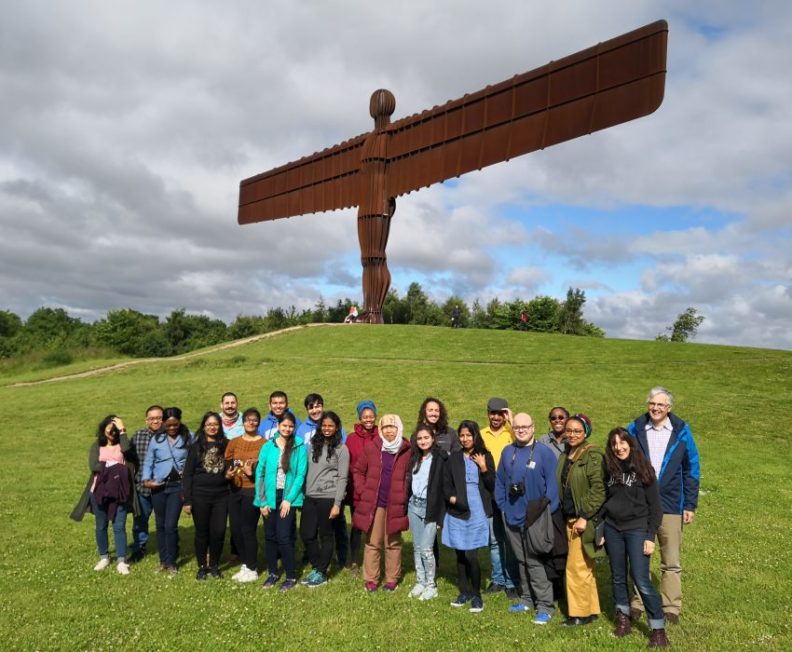Seaweed Biofuel

The characterisation and development of “green” ionic liquid solvents for algal-based biofuel generation
Due to steady increases in global energy demand and the subsequent depletion of fossil fuel reserves, there is an increasingly pressing need for a sustainable, eco-friendly and renewable energy resource. Among the various alternatives, energy from biomass is a promising candidate to meet future energy requirements. The two most common biofuels generated from biomass are bioethanol and biodiesel, which have the potential to replace petrol and diesel respectively. Several feedstocks, such as edible crops, lignocellulosic biomass and seaweeds can be used for bioethanol production. Algal biofuels are attractive renewable fuels for developing nations such as India. This is down to a range of factors, including labour costs, space availability, and fuel density. I am using the green seaweed, Ulva spp., as biomass.
Some steps, such as pretreatment, enzymatic hydrolysis and fermentation, are used for biofuel production from any form of biomass. Enzymatic hydrolysis and fermentation are very well established and optimized processes but research is still going on for pretreatment. I will be using ‘ionic liquids’ as the pretreatment agent because these are environmentally benign solvents and can decrystallize complex carbohydrate structures to fermentable sugars. I will also be focussing on identifying ionic liquid stable enzymes for hydrolysis to carry out ‘one-pot consolidated bioprocessing. Our results will explore how developing countries, such as my home India, can use novel technologies to develop local and sustainable energy security
Akanksha Agrawal
Supervisor- Dr John H. Bothwell
Photo by Thomas Peham on Unsplash

